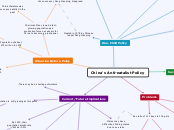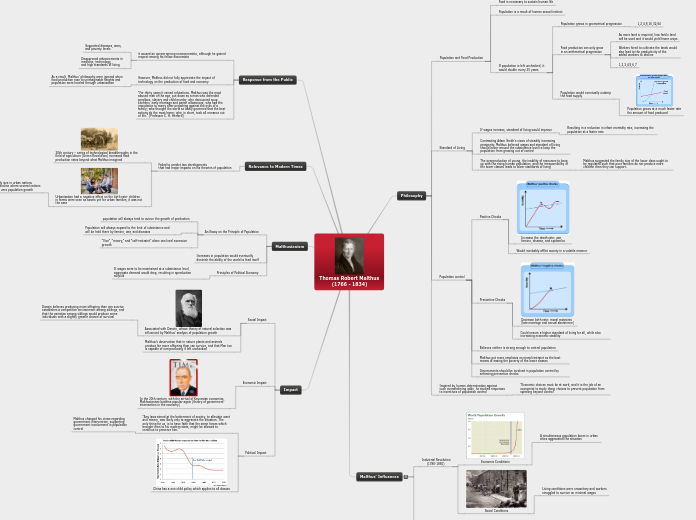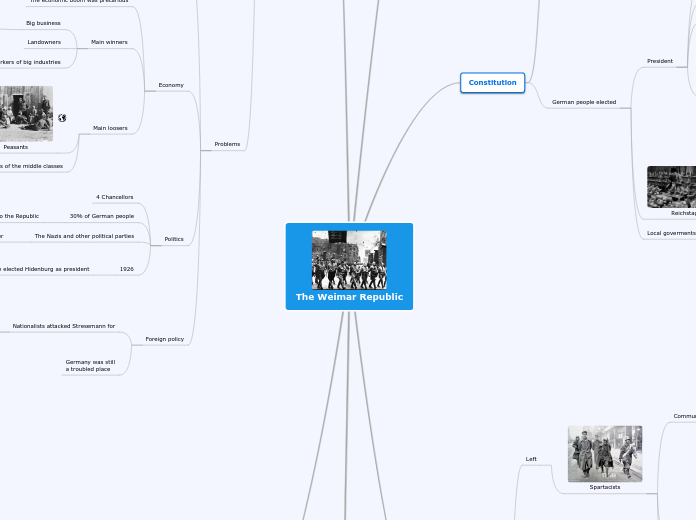New York
As the main word in a sentence, the verb will generally describe an occurrence or an action.
justice
Conditional verbs are used to create conditional sentences, which express hypothetical or unlikely situations. Conditional verbs can be used in the past, present, or future tense, and auxiliary verbs like can/could, will/would, and may/might are important in forming conditionals
Perfect continuous
Perfect
Continuous
Simple
cinema
An infinitive verb is essentially the base form of a verb with the word 'to' in front of it. When you use an infinitive verb, the 'to' is a part of the verb. It is not acting as a preposition in this case.
To+Verb
culture
The negative verb forms are made by putting not after an auxiliary verb.
Tells us what
does NOT happen
climat
Auxiliary verbs are verbs such as have, be, may, do, shall, will, can, or must that are used with another verb to show the verb's tense, to form a question, etc.
Helps main verb in clause
langues
A modal verb is a type of verb that is used to indicate modality. Commonly used modal verbs are can, could, must, should, had better, have to and sometimes need or dare.
Tells us how likely
something will happen
architecture
Grammatical mood refers to the quality or form of a verb in a sentence. More specifically, mood denotes the tone of a verb in a sentence, so the intention of the writer or speaker is clear.
Imperative
Interrogative
Declarative
nourriture
In grammar, the voice of a verb describes the relationship between the action that the verb expresses and the participants identified by its arguments.
Passive
Active
population
A participle is a form of a verb that can be used as an adjective or combined with the verb to be to construct different verb tenses.
Past
Present
continent
A transitive verb will only makes sense if it applies its action on an object.
Verb has Object
pays
An intransitive verb has two characteristics:
1.it is an action verb, expressing a doable activity
2.it will not have a direct object receiving the action
Verb has NO Object
Create sentences with examples!
Example









